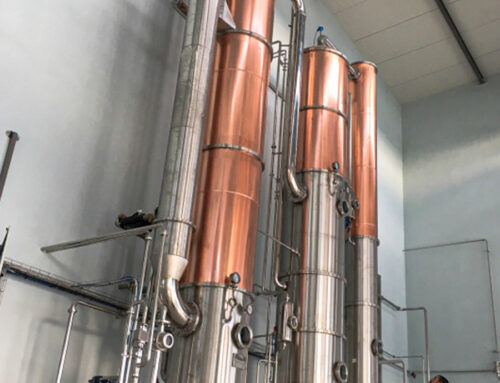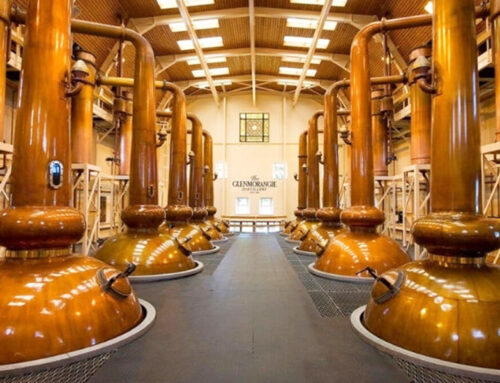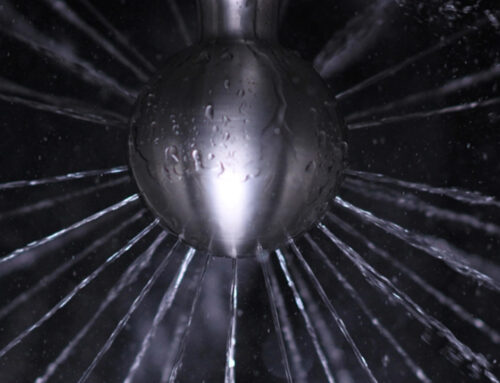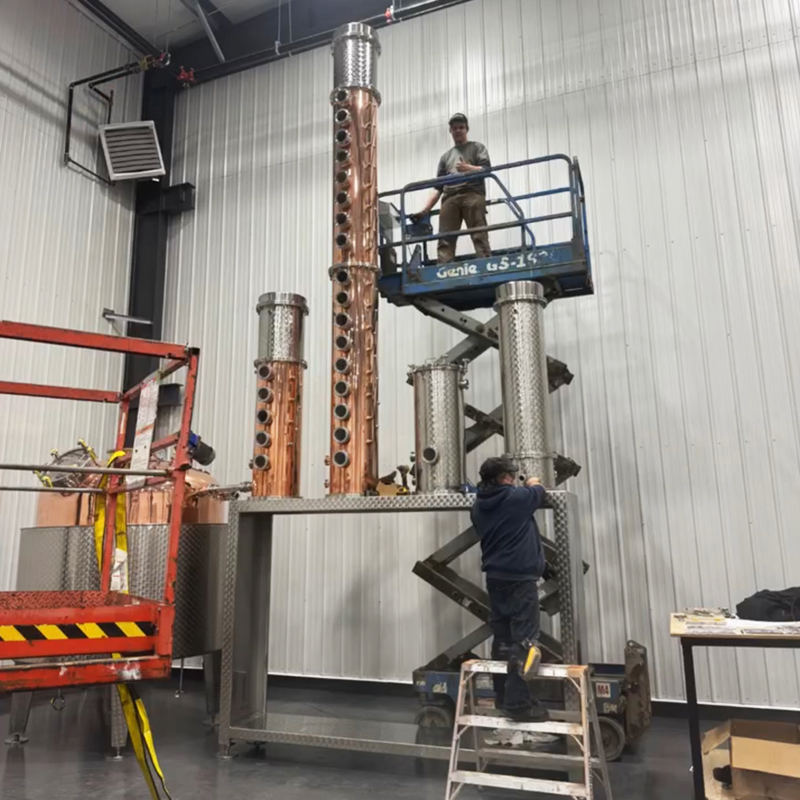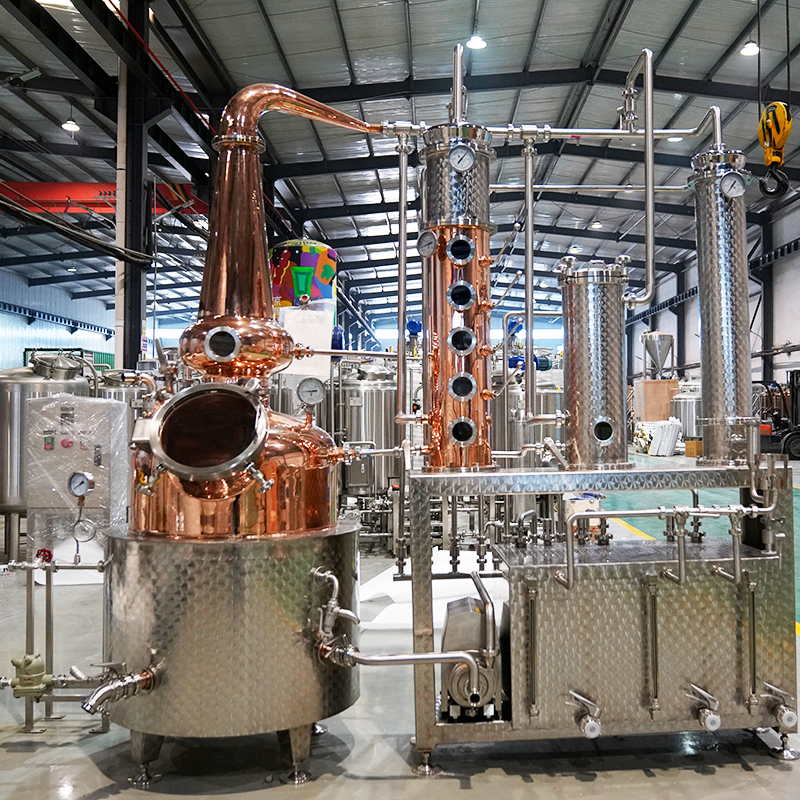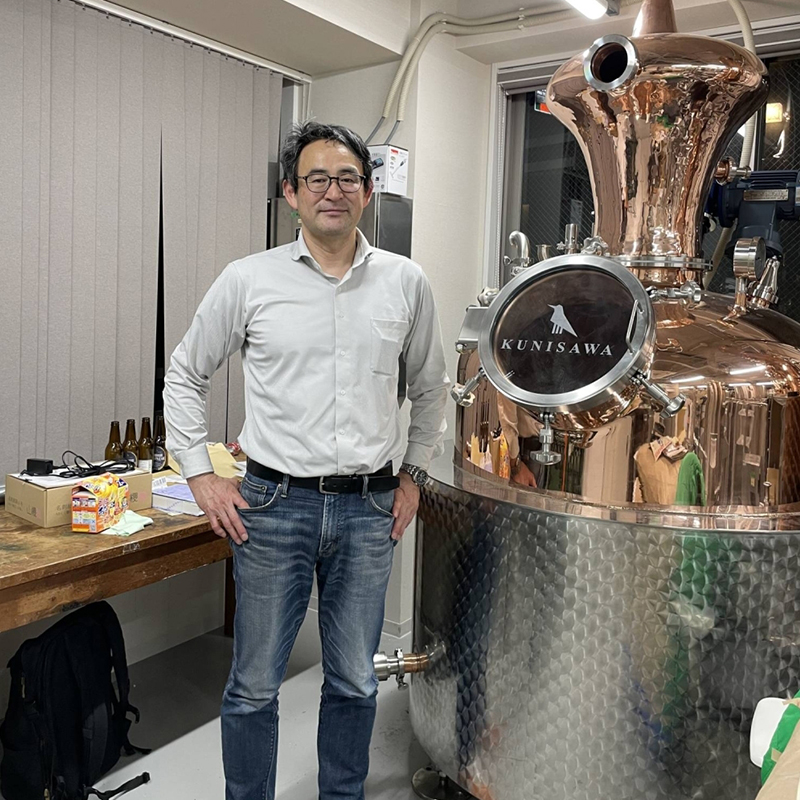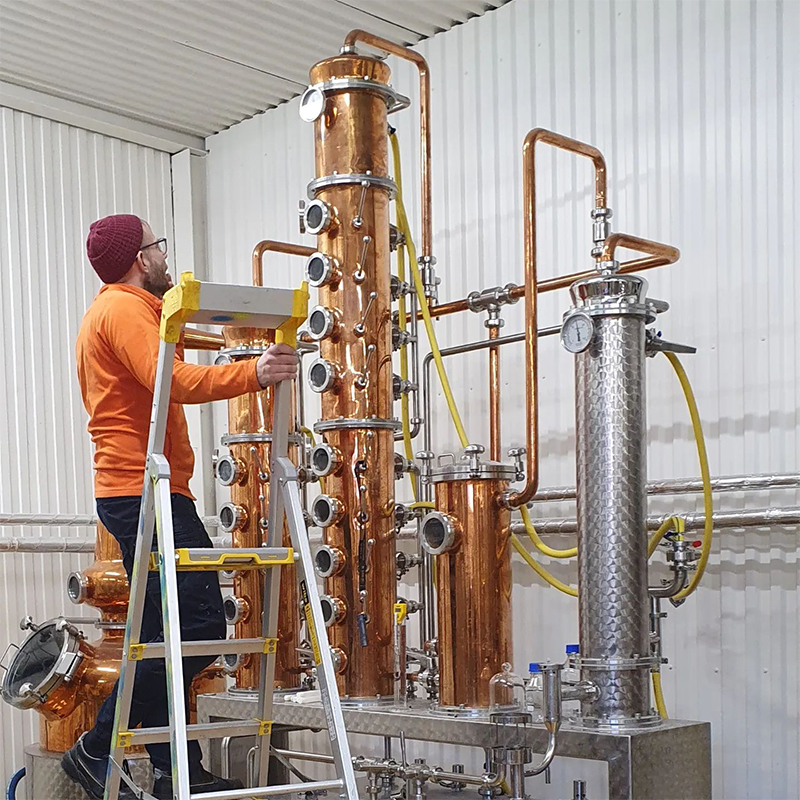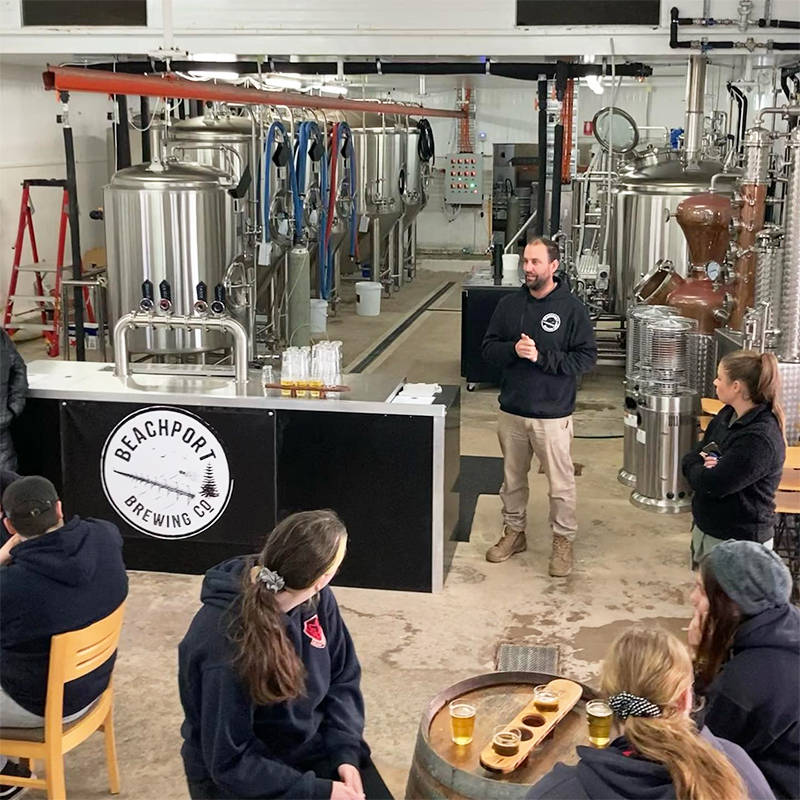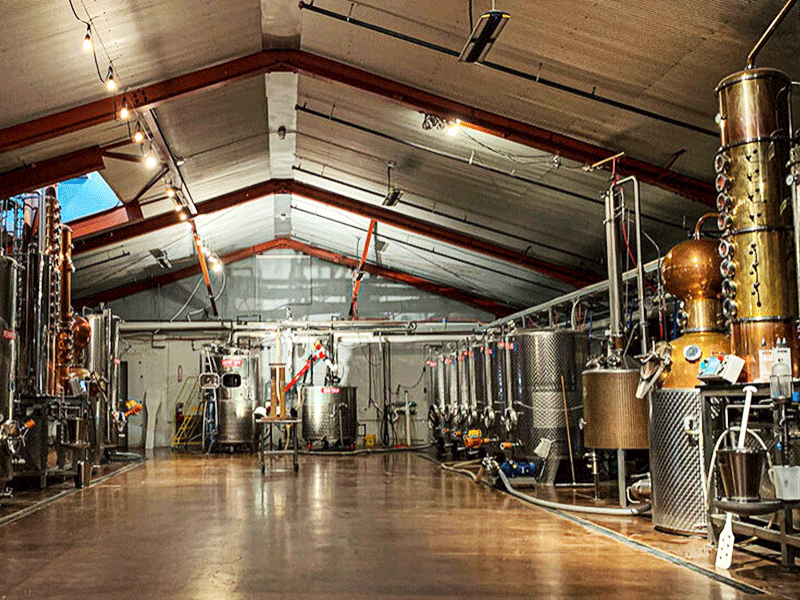
The Cost Factors Involved in Establishing a Distillery
Embarking on the journey of opening a distillery is an exciting endeavor, but it requires meticulous financial planning to ensure success. Various factors contribute to the overall cost of establishing a distillery, ranging from location and production capacity to equipment, licensing, staffing, marketing, and distribution. In this article, we delve into these key cost influencers to provide a comprehensive understanding for aspiring distillery owners.
1.Location Considerations
The choice of location for your distillery plays a pivotal role in determining initial expenses. Establishing a distillery in a prime, centrally located area or metropolitan city typically incurs higher costs in terms of rent or lease. However, proximity to your target market and accessibility for customers may justify the investment. Conversely, opting for a more remote location with lower operating expenses might entail trade-offs in terms of visibility and foot traffic.
2.Size and Production Capacity
The scale of your distillery, categorized into artisanal, commercial, craft, or micro, directly impacts startup costs. Artisanal and craft distilleries focus on small-batch production with an emphasis on traditional methods and craftsmanship, whereas commercial distilleries operate on a larger scale for mass production. The size of the distillery dictates the space required, equipment needed, and manpower, all of which influence upfront expenditures.
3.The Size and Types of Equipment
Investing in distillery equipment and machinery is a significant cost consideration. Essential equipment such as stills, fermentation tanks, and bottling lines come in various sizes and types, with differing price points based on quality and customization. Opting for premium or customized equipment entails higher upfront costs but may offer long-term benefits in terms of efficiency and product quality.

4.Licensing and Permits
Compliance with regulatory requirements is non-negotiable in the distillery business. Obtaining the necessary licenses and permits, including federal, state, and local approvals, incurs associated fees and processing costs. These may include Distilled Spirits Plant (DSP) permits, Alcohol and Tobacco Tax and Trade Bureau (TTB) permits, state alcohol beverage licenses, and local business permits. Budgeting for licensing and permits is essential to ensure legal compliance and avoid penalties.
5.Staffing and Labor
Building a competent team is essential for the successful operation of a distillery. Budgetary considerations for staffing and labor encompass salaries, benefits, and training expenses for key personnel such as distillery managers, cellar workers, packaging operators, sales and marketing staff, and administrative personnel. The number of staff and their level of expertise directly influence labor costs, making it imperative to strike a balance between workforce requirements and budget constraints.
6.Marketing and Branding
Effective marketing and branding are indispensable for establishing a distinct identity and capturing market share in the competitive spirits industry. Allocating resources for marketing initiatives such as branding development, advertising campaigns, and promotional activities is crucial for creating brand awareness and driving consumer engagement. Collaborating with marketing professionals can provide strategic guidance on market penetration strategies tailored to your distillery’s unique value proposition.

